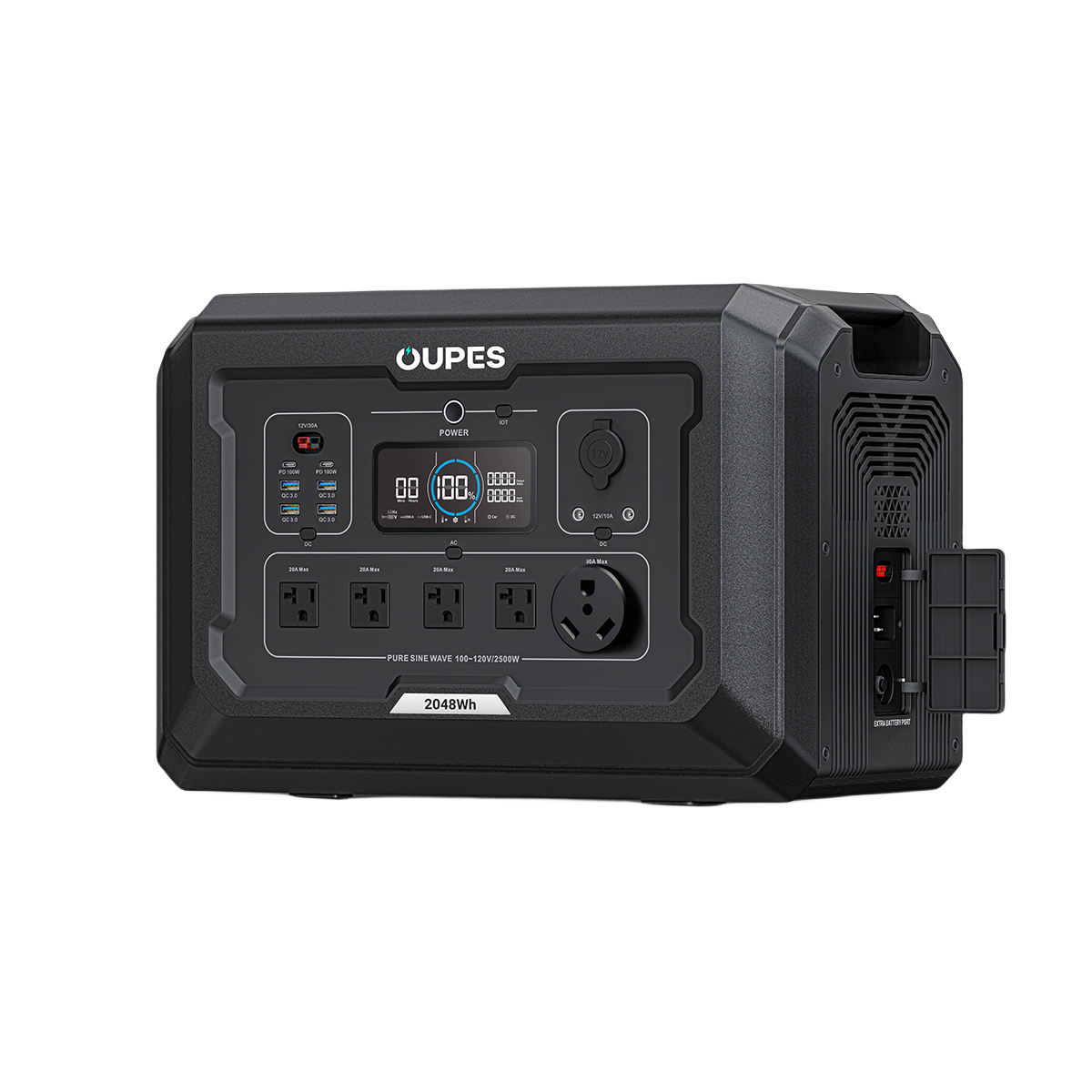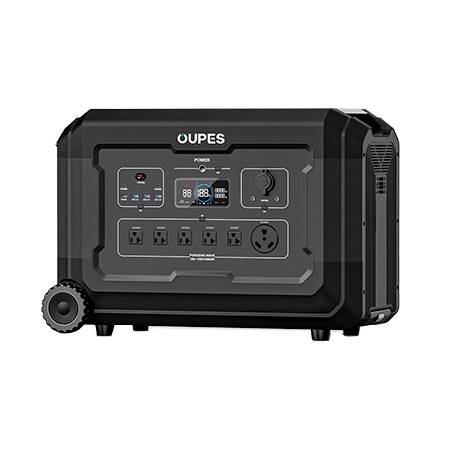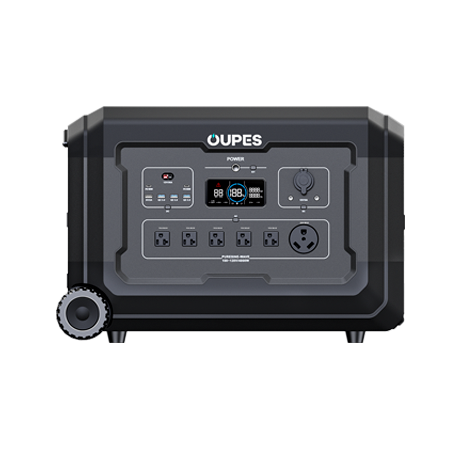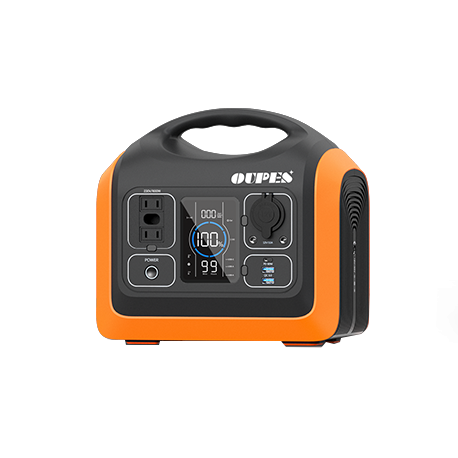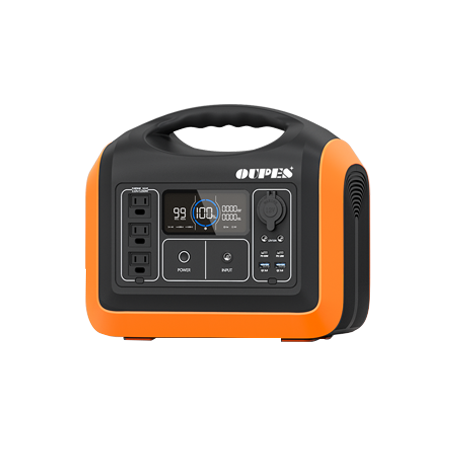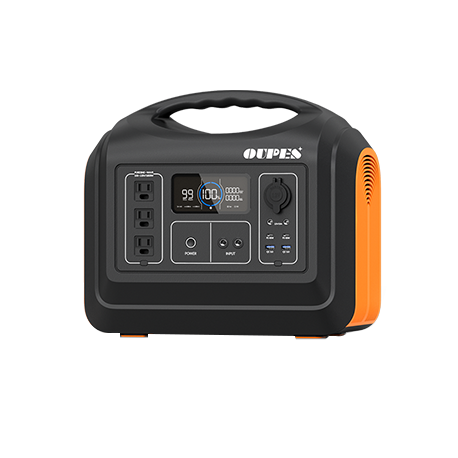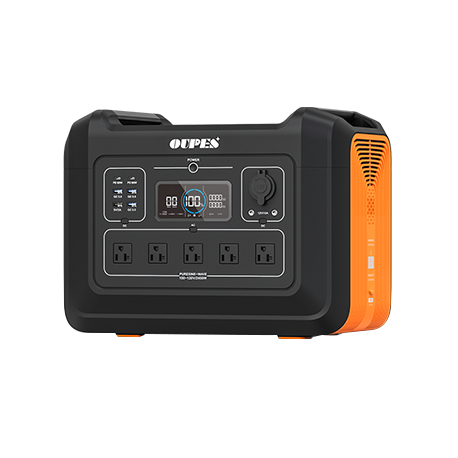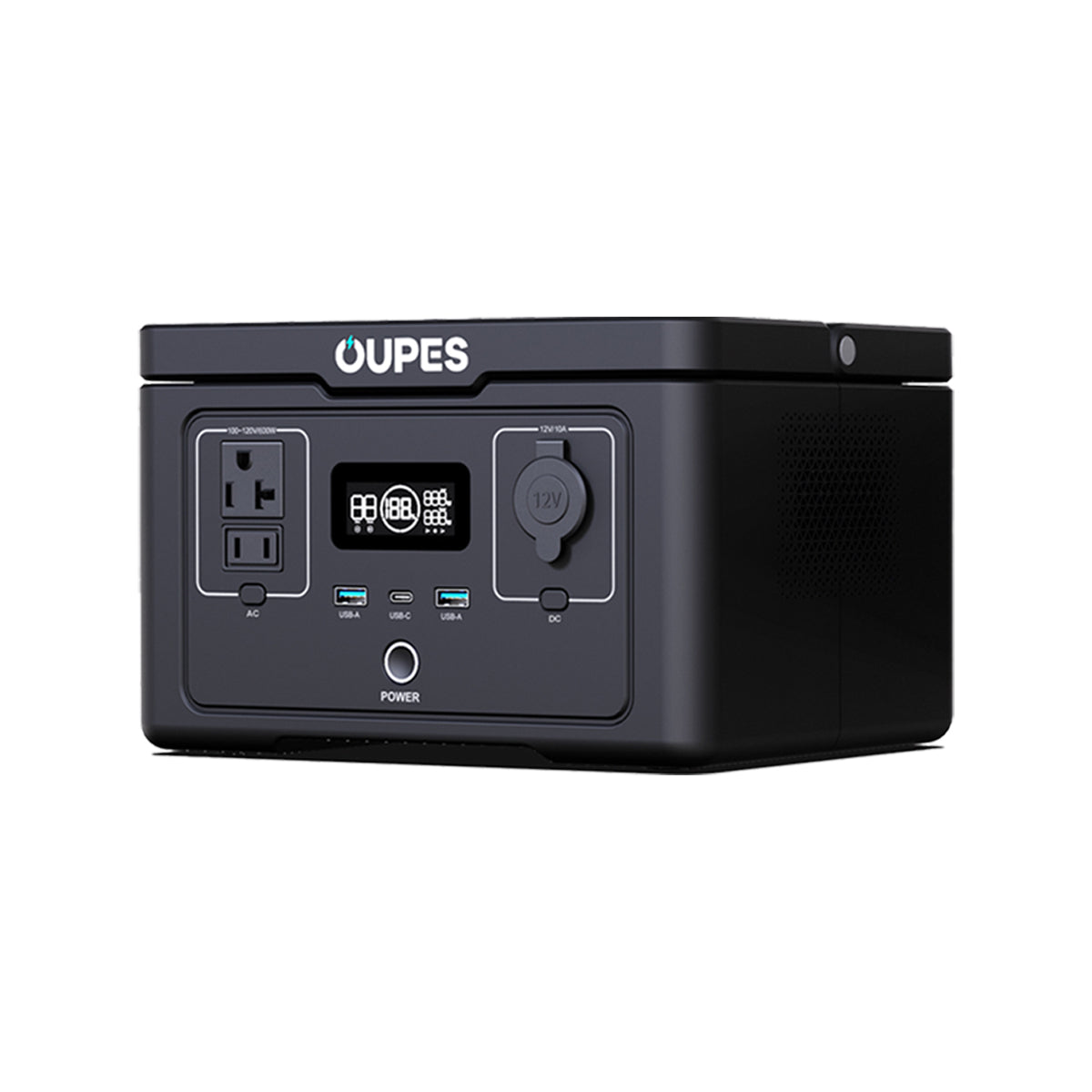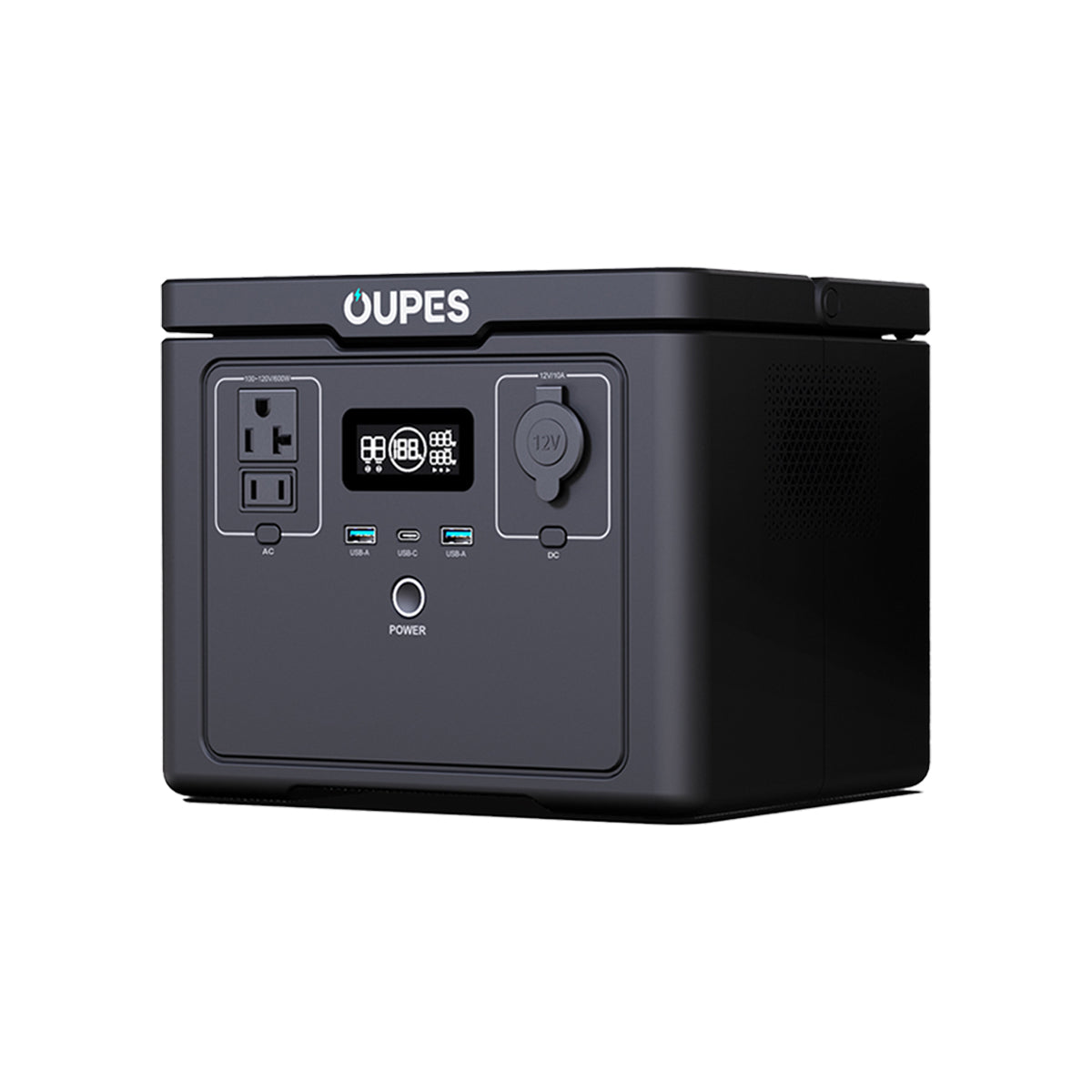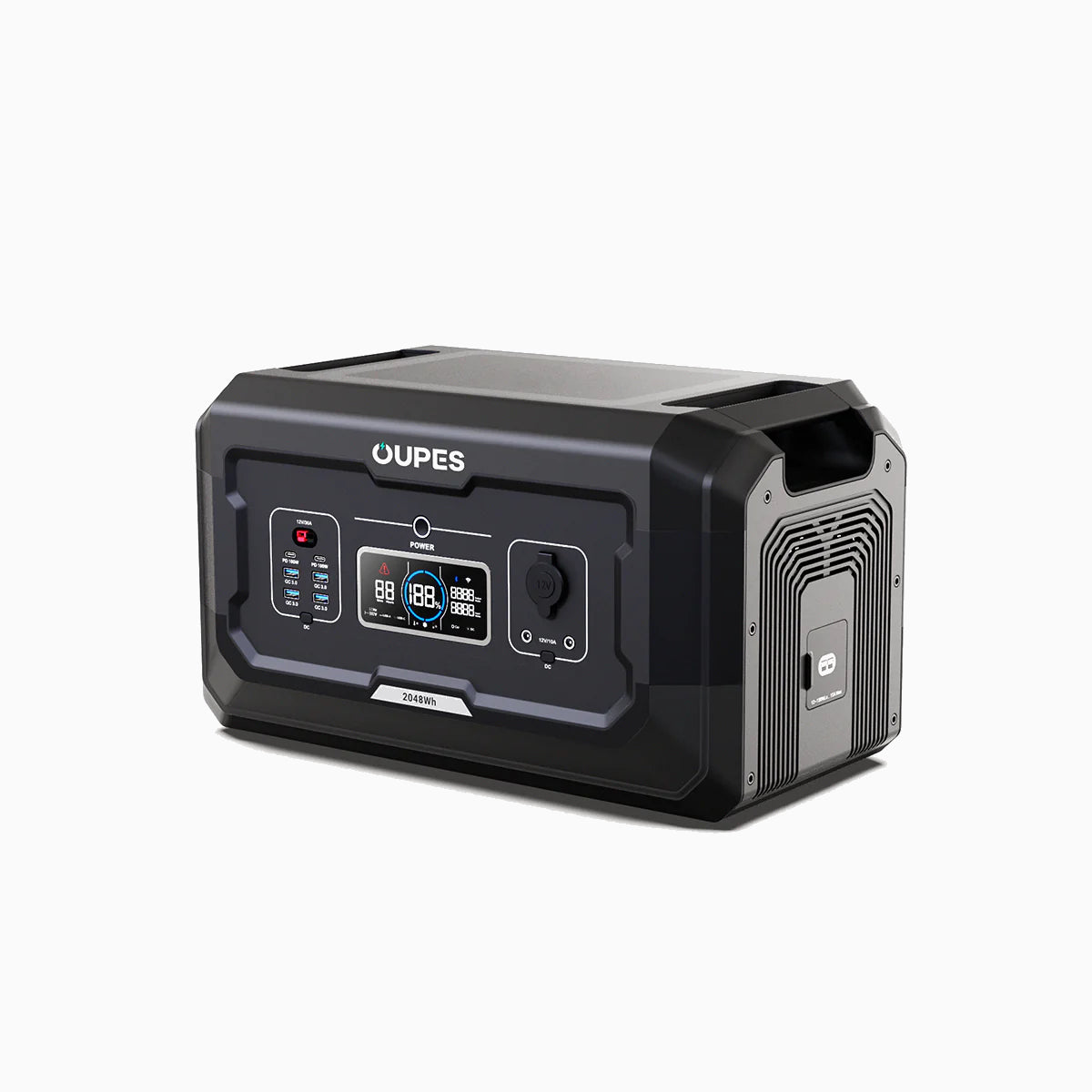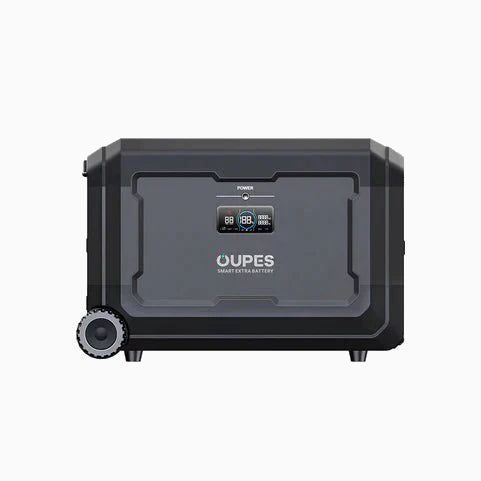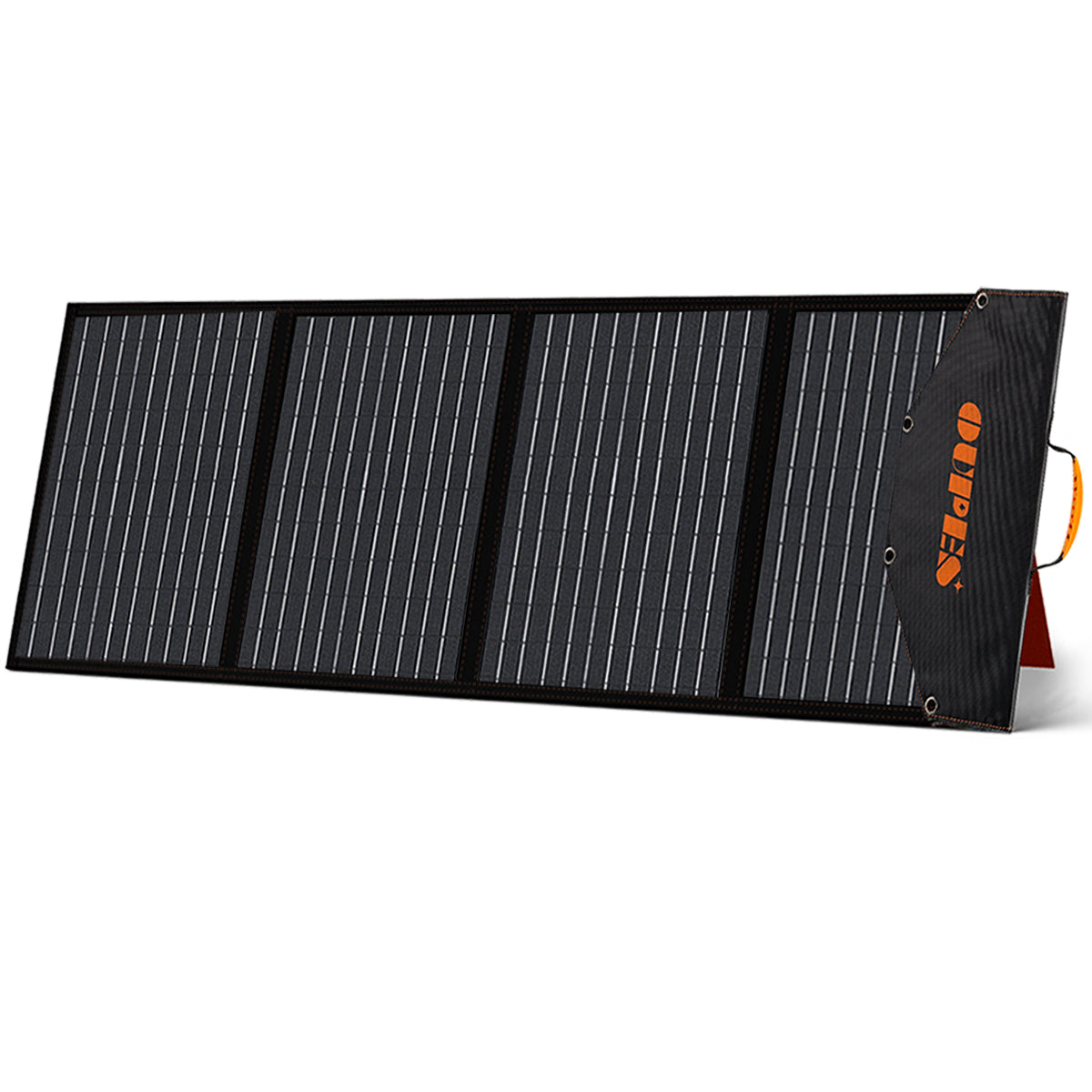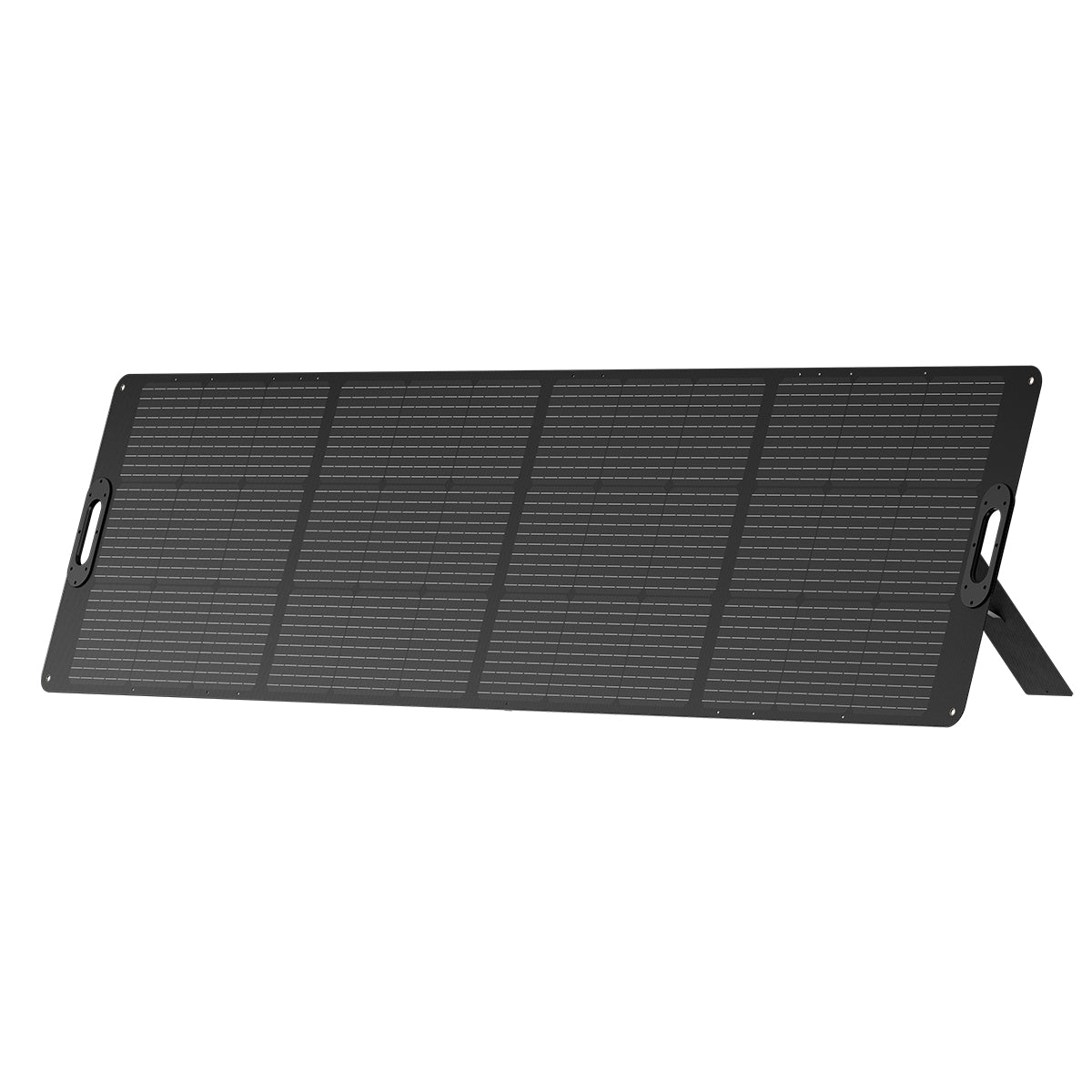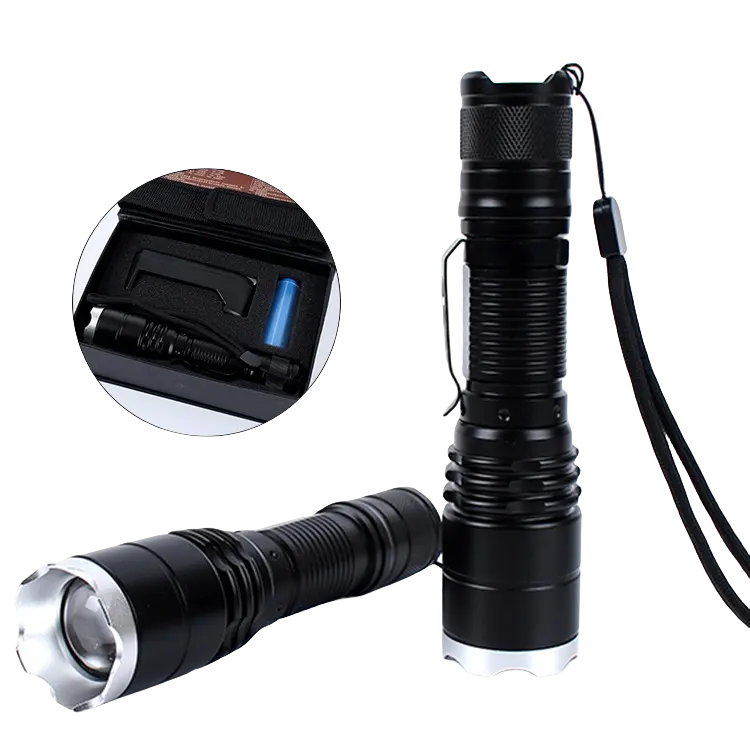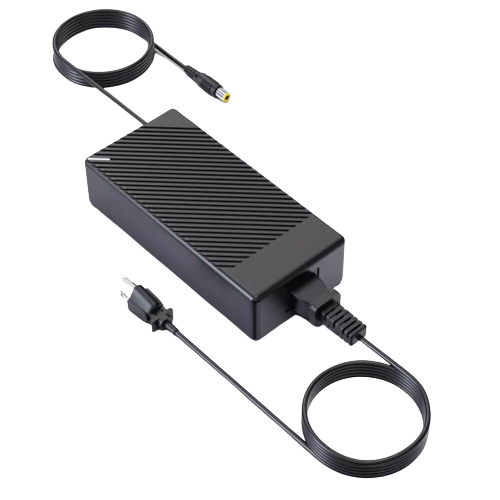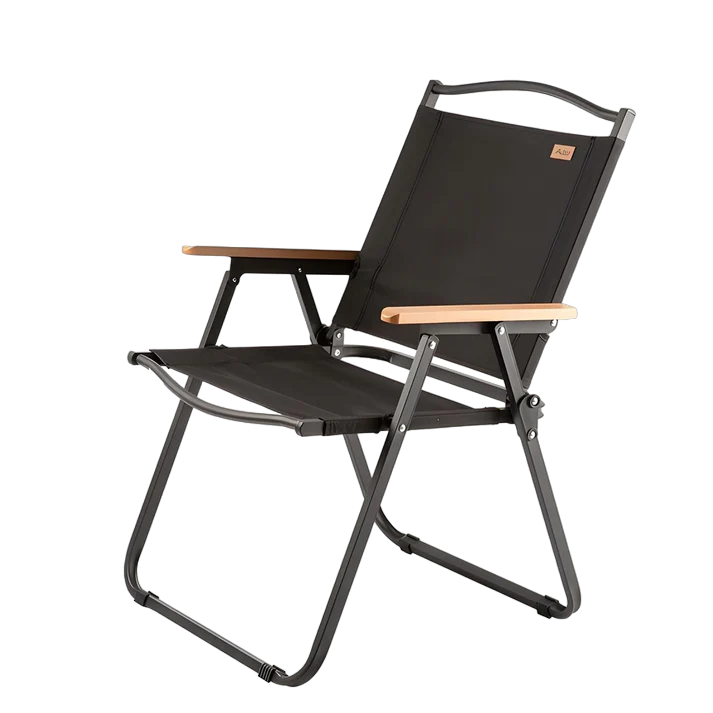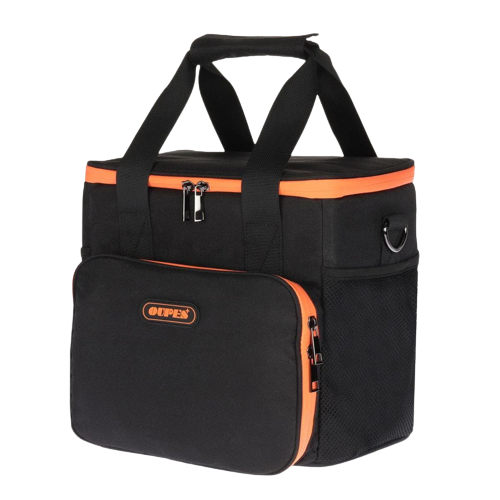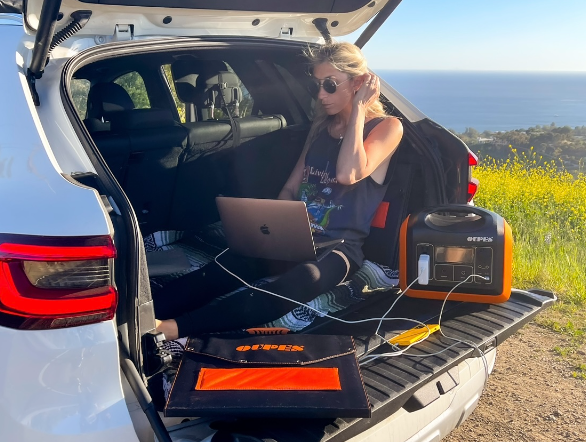Why Should You Use a Portable Solar Generator for Your Tiny House
Did you know that the average size of a tiny house is one hundred and twenty square feet? The idea of embracing a sustainable lifestyle in a minimalist dwelling has captured the hearts and minds of people around the world. This is why more and more people are choosing to live in tiny homes.
Therefore, it should come as no surprise that the demand for efficient, eco-friendly, and compact power sources is on the rise. Enter the portable solar generator. It is the perfect companion to your tiny abode, ensuring you never run out of power while reducing your carbon footprint. To help you understand the benefits of using one, we have written a guide. Read on to find out more.
What Is a Portable Solar Generator?
A portable solar power generator is a compact device. It is designed to harness solar energy. It will convert this energy into usable electricity for various applications.
Unlike traditional generators that rely on fossil fuels, these generators use solar panels to capture the sun's rays. They will then store the energy in batteries for later use.
In the debate of wind vs solar energy, portable solar generators have emerged as a popular choice. This is due to their ease of installation, scalability, and lower maintenance requirements.
With a growing demand for eco-friendly power solutions, generators for solar energy have become an essential tool. They are particularly great solutions for those seeking clean energy sources, especially in off-grid living situations.
Appliances You Can Power
These generators can efficiently provide electricity for essentials. You can power lighting systems, smartphones, laptops, and small kitchen appliances.
In addition to these, portable solar generators can also support the operation of fans and portable heaters. Higher-capacity solar generators can even power refrigerators and washing machines
This ensures a living space without relying on traditional energy sources.
Factors to Consider When Purchasing One
Before making a purchase, there are several factors you will need to consider.
This includes the generator's capacity, battery life, and charging time. You will need to make sure that the device you buy will meet your needs.
Also, pay attention to the size and portability of the generator. This is because tiny house living often demands space-efficient solutions.
Lastly, evaluate the generator's durability, ease of use, and maintenance requirements.
How to Use a Portable Solar Generator
You'll first need to set up the solar panels, battery, and inverter. You can choose to install the system yourself. You can also hire a solar power installation company to ensure a professional and secure setup.
Once the installation is complete, place the solar panels in a location with optimal sun exposure. You'll then need to connect them to the generator's battery.
The inverter will then convert the stored solar energy into usable AC power.
Benefits of Portable Solar Generators
One of the easiest ways to generate power for your tiny house is by using a portable solar generator. Here are several reasons why you should consider doing this.
Eco-friendly Energy Source
One of the most significant reasons to choose a portable solar generator for your tiny house is its environmental impact, or rather, the lack thereof. Conventional fuel-powered generators release harmful emissions.
But portable solar generators and portable power stations produce clean energy. By harnessing solar power, you're not only supporting the adoption of renewable energy.
You are also reducing your dependence on fossil fuels. This makes portable solar generators an ideal choice for those who want to minimize their carbon footprint.
Cost-effective Solution
The initial investment in a portable power station may seem high. But solar generators ultimately prove to be a cost-effective solution in the long run.
Solar power is a free and inexhaustible resource. This means that you won't have to worry about purchasing fuel. You also won't need to deal with skyrocketing energy prices.
Furthermore, solar generators require minimal maintenance. This means you can save on repair and maintenance costs typically associated with traditional generators. Over time, these savings can add up significantly.
Energy Independence
One of the primary attractions of tiny house living is the ability to live off-grid and maintain self-sufficiency. A portable solar generator can provide you with energy independence.
This ensures you have access to power wherever you decide to park your tiny home. With a reliable solar generator, you can generate electricity even in remote locations or during grid outages.
This will offer peace of mind and security. Moreover, solar power is a renewable resource that's immune to fluctuations in the energy market. It provides a stable and reliable power source for your tiny house.
Scalability and Flexibility
Portable solar generators offer a level of flexibility that's unmatched by conventional generators.
Solar generators come in various sizes and capacities. You'll be able to choose one that meets your specific power requirements.
You can also expand your solar power system by adding more solar panels or battery storage as your energy needs grow. This scalability ensures that your portable power station can adapt to your evolving power needs.
Purchase a Portable Solar Generator
There are many great reasons why you should purchase a portable solar generator for your home.
Not only will you decrease your carbon footprint. You will also save lots of money on your energy bill. Lastly, you will have a scalable and flexible energy solution for your tiny house.
Are you ready to invest in an eco-friendly electricity solution for your tiny house? If so, keep in mind that Oupes manufactures and sells various sizes and types of high-quality solar generators.
Don't hesitate to visit our Products page to get started today!

